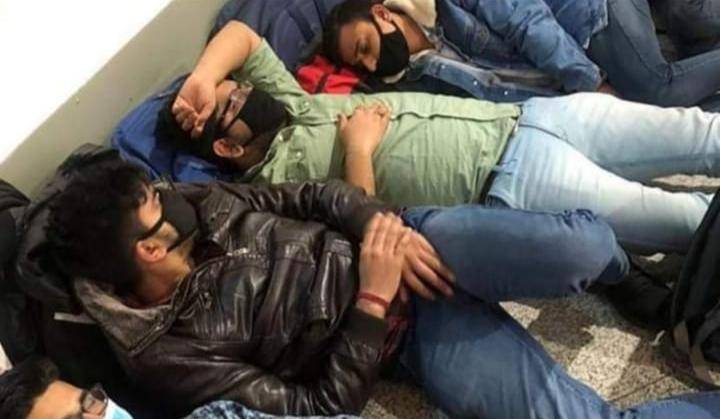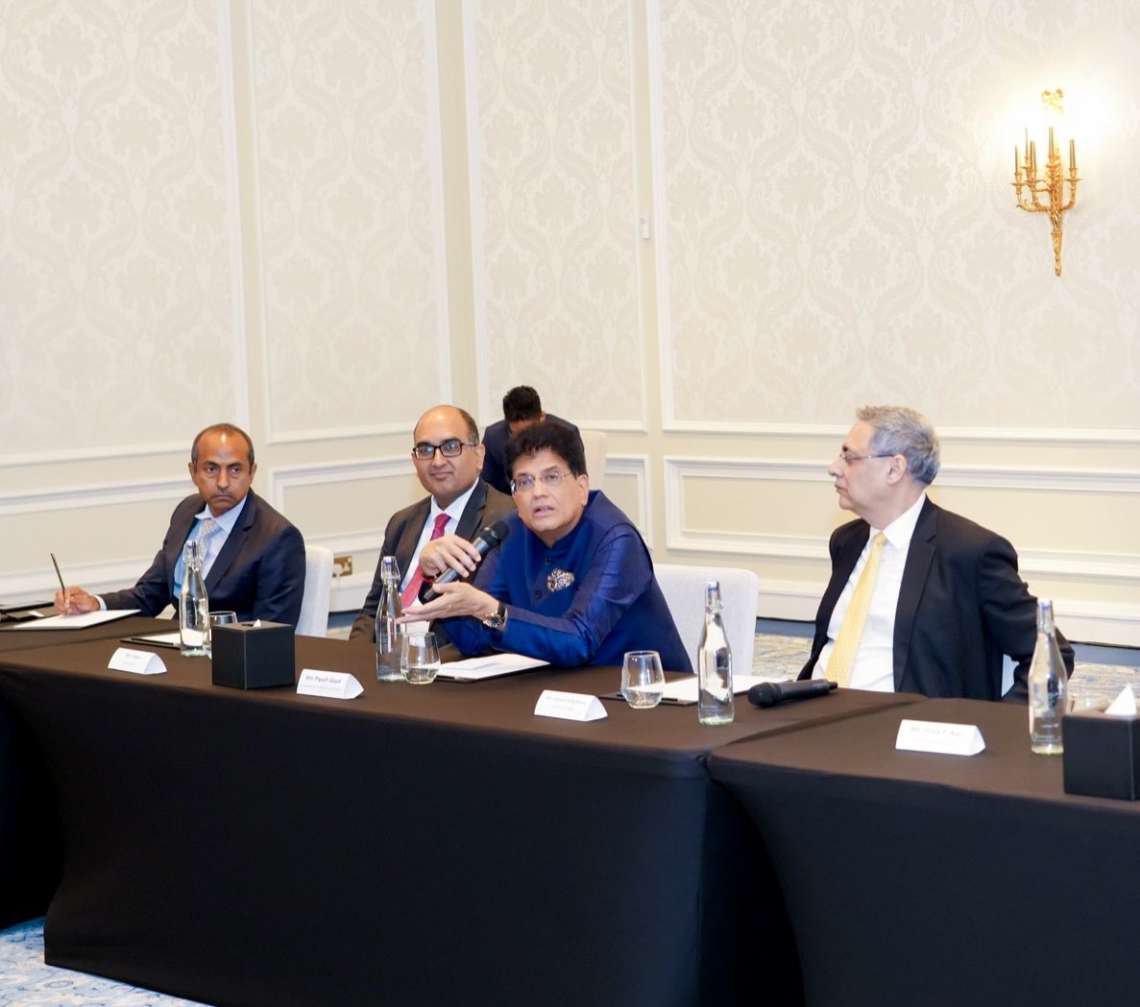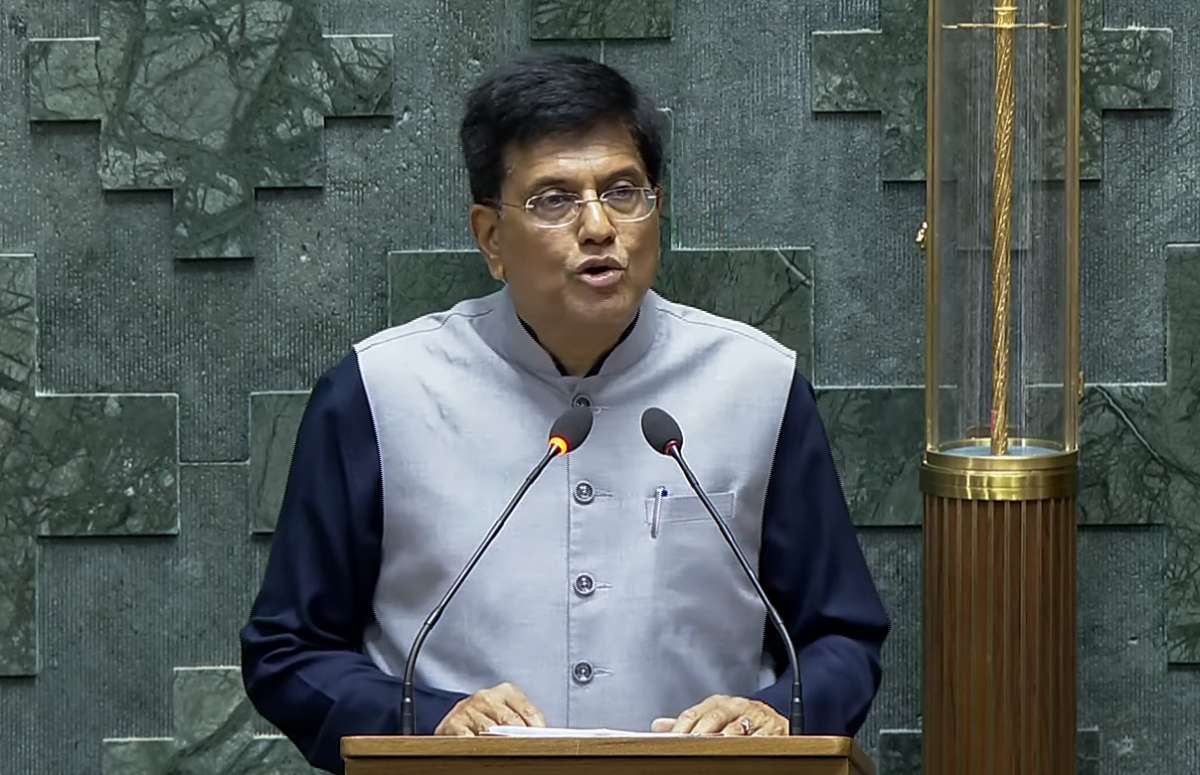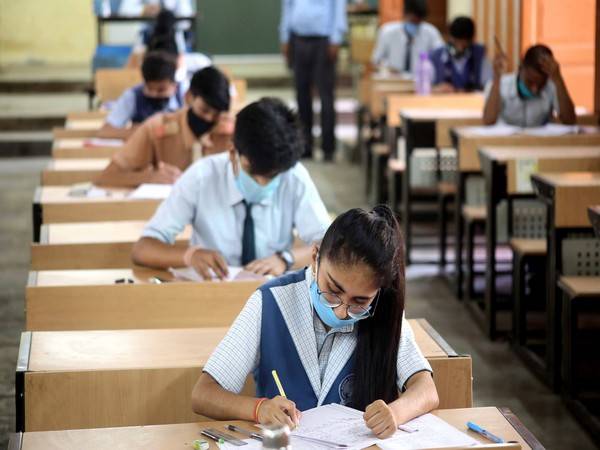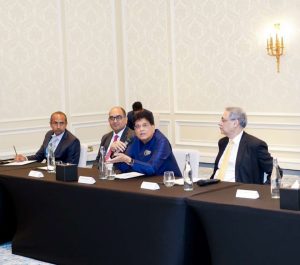45.5 per cent lost their jobs while 28.4 per cent of the returnees came back to India fearing the lethal virus, revealed the survey conducted by IIMD …reports Asian Lite News
A survey conducted among those from Kerala and Tamil Nadu, who were working in the Middle East, and returned to the country through the repatriation mission when Covid-19 pandemic stuck the world last year, mainly faced job losses while some of them opted to come back to India due to the fear of the virus.
According to the survey, conducted by Thiruvananthapuram-based International Institute of Migration and Development (IIMD), 45.5 per cent lost their jobs while 28.4 per cent of the returnees came back to India fearing the lethal virus.
The survey was headed by leading migration expert S. Irudayarajan who titled his report as ‘Empty handed and Demoralized: New evidences of Wage Theft among Indian migrants during Covid-19’.
Irudayarajan told IANS that the lack of availability of reliable data prevented a full-fledged sample survey across Indian states.
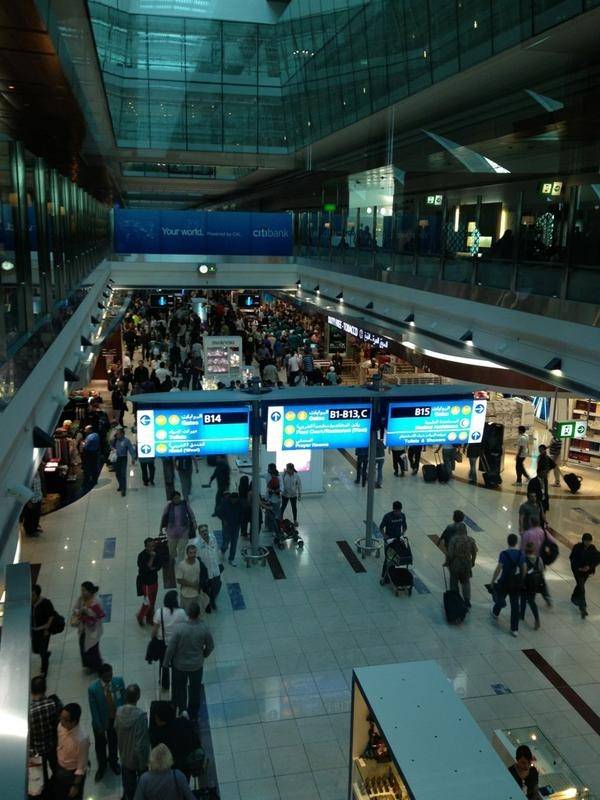
“The study relied on the personal details of the returnees provided by both the Kerala and Tamil Nadu governments, and stratified random sampling was conducted on this dataset. The survey was conducted among 2,252 migrant workers who had returned during May 2020 and December 2020.
“Among the respondents, 49.1 per cent had returned from UAE and Saudi Arabia, 32.2 per cent were those employed in the industrial sector, while workers from the construction and hospitality sectors constitute 15.1 per cent and 12.3 per cent. While those from the government sector accounted for a mere 0.79 per cent,” said Irudayarajan.
ALSO READ: Kuwait starts receiving vaccinated expats
The study found out that among the workers who had lost their jobs, some were terminated and repatriated forcefully, some were given false promises about the payment of wages and dues, and only a handful of the workers received all benefits and dues before repatriation.
“The issue of ‘wage theft’ became a widespread issue across all major migration corridors. Wage theft was poorly addressed across various migration corridors due to the lack of access to justice mechanisms and labour protection systems at the country of origin and destination. In the India-Gulf Co-operation Council (GCC) migration corridor, neither India nor the GCC countries are signatories to the ILO Minimum Wage Fixing Convention 1970,” added Irudayarajan.

Wage theft consists of the total or partial non-payment of a worker’s remuneration, earned through the provision of labour services, as stipulated in a written or non-written employment contract. It also includes the payment of salaries below the minimum wage, non-payment of overtime, on-payment of contractually owed benefits, the non-negotiated reduction of salaries as well as the retention of dues upon one’s contract termination.
The data indicates that 60 per cent of the repatriated workers to Kerala had lost their jobs. Among the 44.5 per cent of the people who lost the job and returned to India since May 2020, 30.7 per cent of the workers returned from Saudi Arabia.
Even though the UAE has the most prominent Indian diaspora population, more workers from Saudi Arabia lost their jobs compared to UAE — 22.3 per cent, Qatar contributes 7.1 per cent of the total workers who lost job.
Among the workers, 15 per cent of the domestic sector, including drivers, faced job loss.
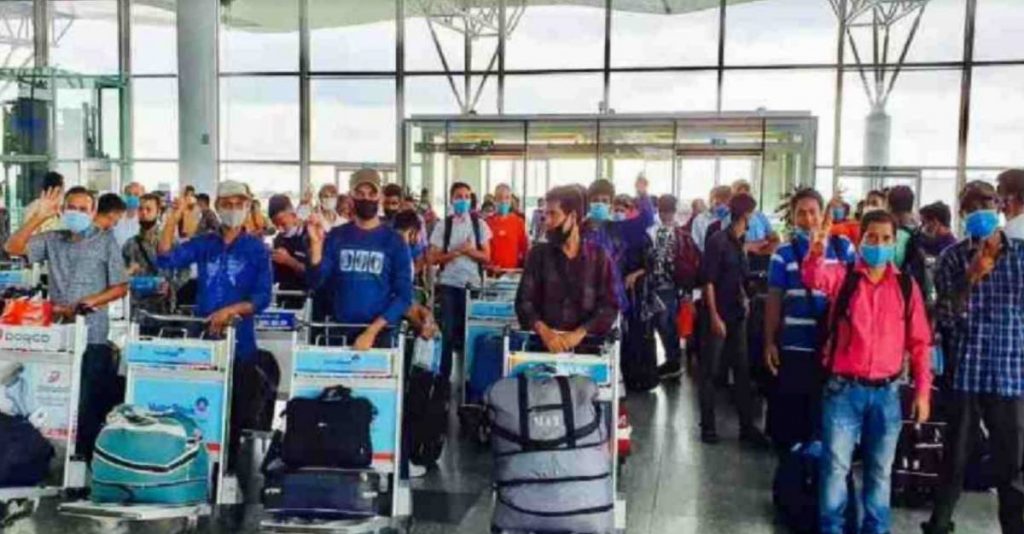
He also pointed out that as the predictions indicate service sector is responsible for around 60 per cent of the job loss during the pandemic, followed by the industrial sector.
Among the people who lost jobs, most of the workers 30.18 per cent were asked to resign. Notably, 18.7 per cent of the workers were advised to travel back home without paying their salaries, and a few workers — 2.6 per cent were threatened with termination.
During the survey, most respondents were reluctant to criticize the employers and supported them by citing the financial crisis.
His study also found out that a there is a general feeling among the public and policymakers that the freshers struggled to keep their jobs at the destination country.

